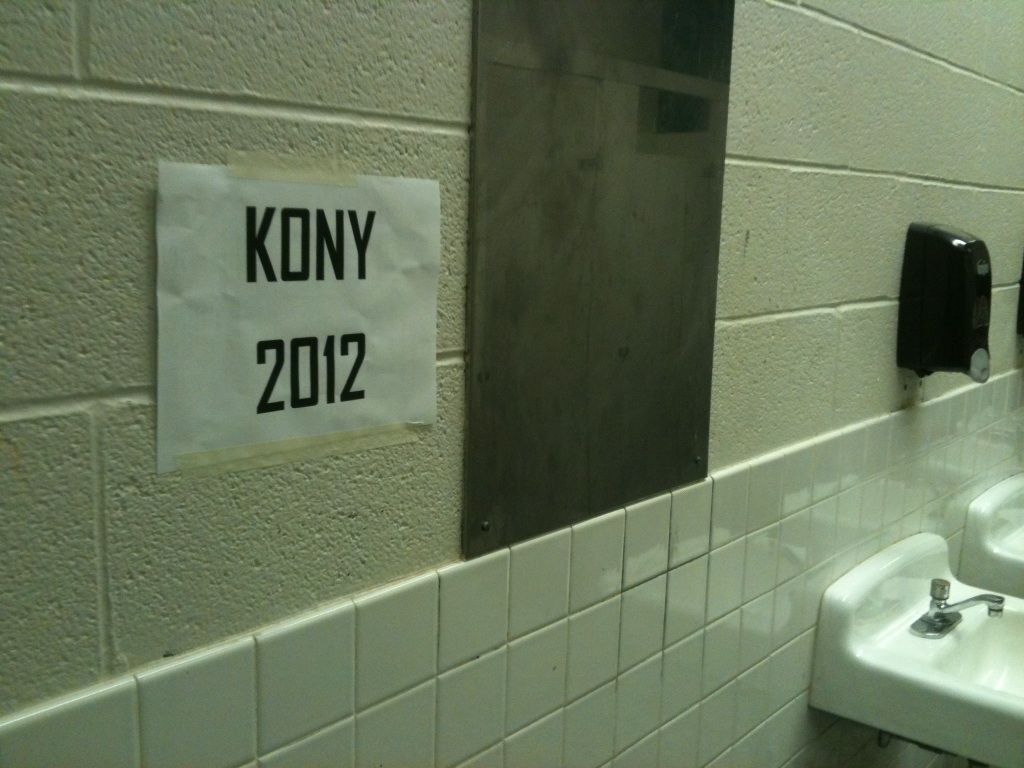
The minute I saw “Stop Kony” was trending on Twitter, I became a skeptic. My skepticism was because of the overnight uproar a YouTube video caused. My opinions are based off of the ignorance of teenagers I soon witnessed.
Invisible Children recently released a viral video which aimed to make Joseph Kony “famous.” Invisible Children is an organization that specifically uses social media to shed light on the use of child soldiers in Africa. The goal of this particular video was to raise awareness for Joseph Kony’s arrest.
Joseph Kony is the world’s most wanted war criminal; he is the leader of the Lord’s Resistance Army in Uganda. This is an ethnic group working against the Ugandan government and many members see Joseph Kony as a god. He is responsible for kidnapping over 30,000 children in Africa to be used as soldiers and sex-slaves. Proclaiming himself as “God’s Spokesperson,” Kony encourages his soldiers to rape, kill and mutilate African citizens that don’t share his extreme beliefs.
By making him famous, supporters are raising awareness for his arrest. According to kony2012.com, Invisible Children aims to capture Kony and completely disarm the Lord’s Resistance Army.
However, there is much speculation surrounding Invisible Children’s initiative. It is believed that the LRA’s threat to Africa is not relevant anymore, considering they haven’t been active for years and have lost numerous members.
Another startling fact is that Invisible Children only spends 32% of their 8 million dollar budget for actual programs in Africa. They claim to use film and social media to rebel against the LRA, but where’s the action?
The movement has also taken over social media everywhere. The hashtag “StopKony” has been trending on Twitter since Tuesday, March 5. The YouTube video has also appeared on Facebook because of members attempting to spread the word.
Kordell Draper, junior, said, “I think that a lot of people on Twitter are genuinely dedicated to Stop Kony. But, I also think that lots of people are just tweeting about it to look like they care.”
The movement spread to Leesville’s walls, where someone posted “Kony 2012” posters around the school.
Draper adds, “I’ve been passionate about Invisible Children even before the recent Stop Kony initiative.”
Unfortunately, a week after the epidemic, the rush to Stop Kony has faded away. I thought everyone wanted to make a global change, but maybe as teenagers we don’t have the means or motivation to. Teenagers resorted to simply tweeting, instead of fundraisers or other means of raising awareness. For such a noble cause, I truly wish more was being done to end Kony’s terrorism in Africa.

Leave a Reply